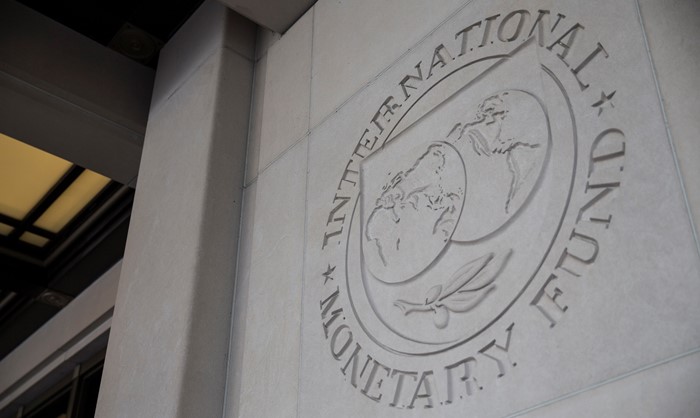Growth in Turkey is projected to be below potential in 2016-2017, estimated at around 3.5 percent, due to political uncertainty, despite a strong performance in 2015, the International Monetary Fund (IMF) announced on Friday in its conclusions of Article IV consultations with Turkey, held in January.
The IMF pointed to a failed coup attempt in July as heightening the spectrum of political uncertainty, Russian sanctions negatively affecting confidence, growth remaining consumption driven, investment staying weak in the face of heightened uncertainty and a sharp deceleration of credit growth as factors negatively impacting growth in the country. In addition, they said, inflation, though moderated, is still well above target; the current account deficit is sizeable, with the decline in tourism offsetting savings from low energy prices; and progress on structural reforms has been slow.
“Growth is projected to be below potential in 2016–17. The political focus on transitioning to a presidential system; renewed questions over the future of the EU-Turkey relations; and tense security situation in the South-East and conflicts in neighboring countries are expected to prolong the uncertainty, keeping domestic demand subdued. Fiscal stimulus and the expected completion of the gradual lifting of Russian sanctions are expected to support growth. Over the medium-term, growth is projected to firm around 3.5 percent. Inflation is expected to stay above target and the current account deficit to remain sizeable,” said the IMF in its assessment.
The executive directors, however, welcomed the Turkish economy’s resilience in the face of severe and increasing challenges and the authorities’ efforts to avoid an excessive slowdown in the near term but warned that the economy faces considerable downside risks, including high inflation, external imbalances and substantial reliance on external financing while dealing with complex geopolitical and security challenges, underscoring “the overarching priority of rebalancing the economy through policies aimed at increasing domestic savings and raising potential growth, while ensuring strong and credible public institutions and policy frameworks that are clearly communicated.”
Supporting a near-term moderate fiscal expansion to address cyclical developments, the directors also advised a tighter fiscal stance in the medium term to reduce external imbalances and lower inflation, while also welcoming steps to simplify the monetary policy framework and the fact that the banking sector remains well capitalized, although calling for continued vigilance in the face of a deterioration in asset quality. The IMF also encouraged authorities to intensify the pace of structural reforms to promote economic rebalancing and boost productivity.



